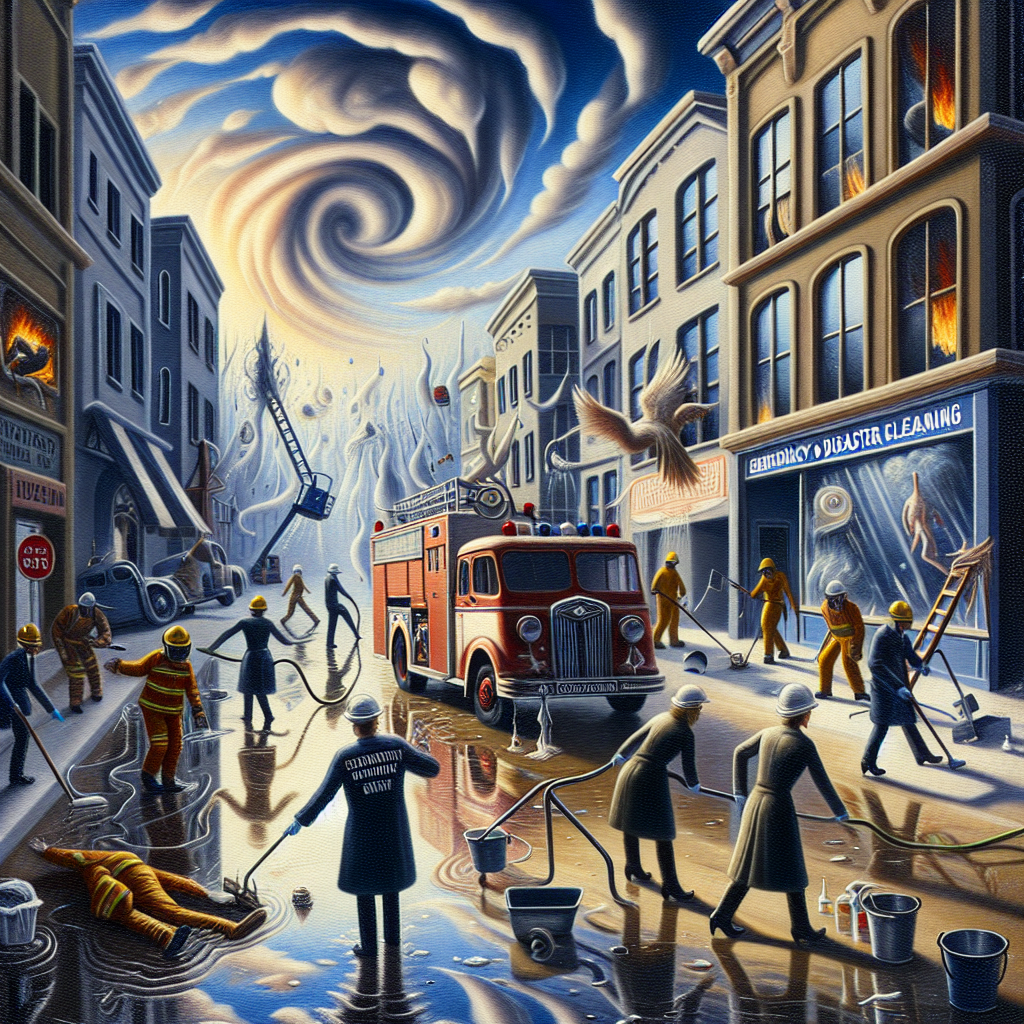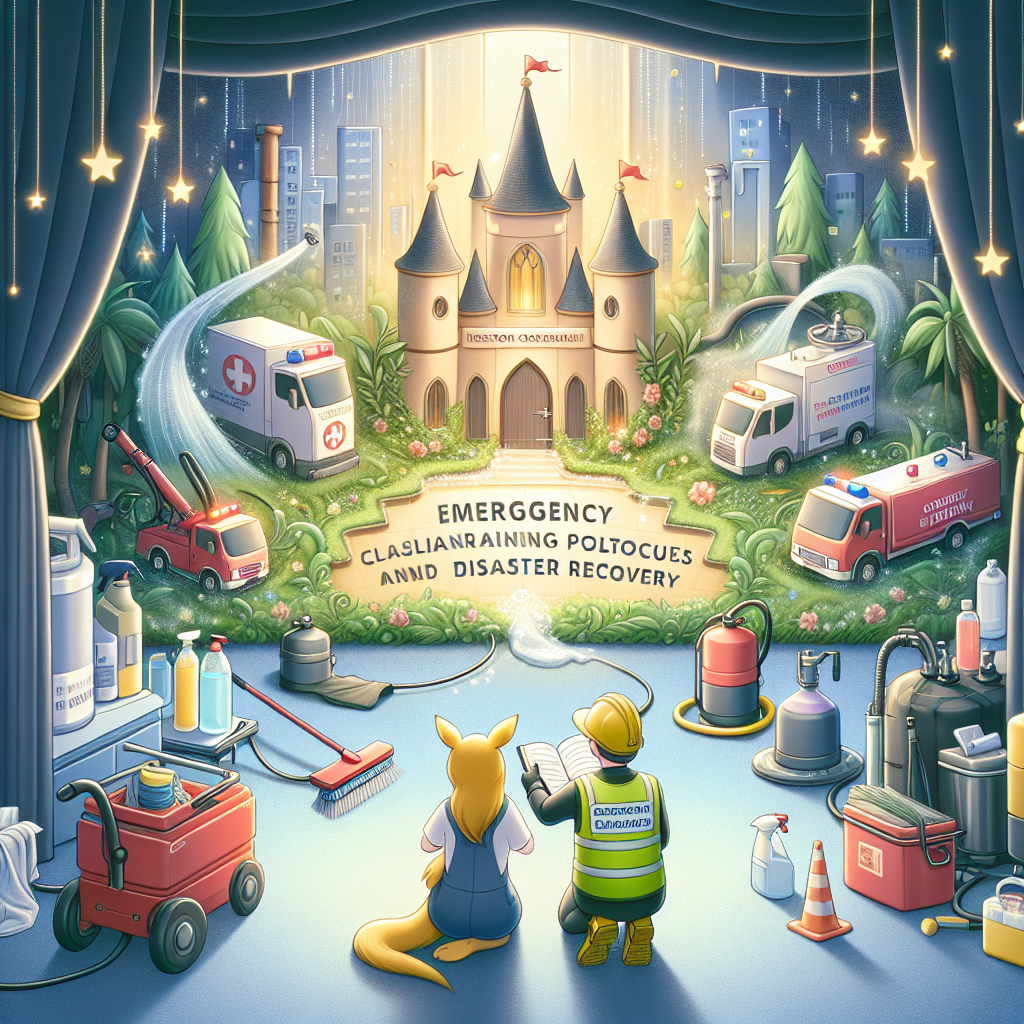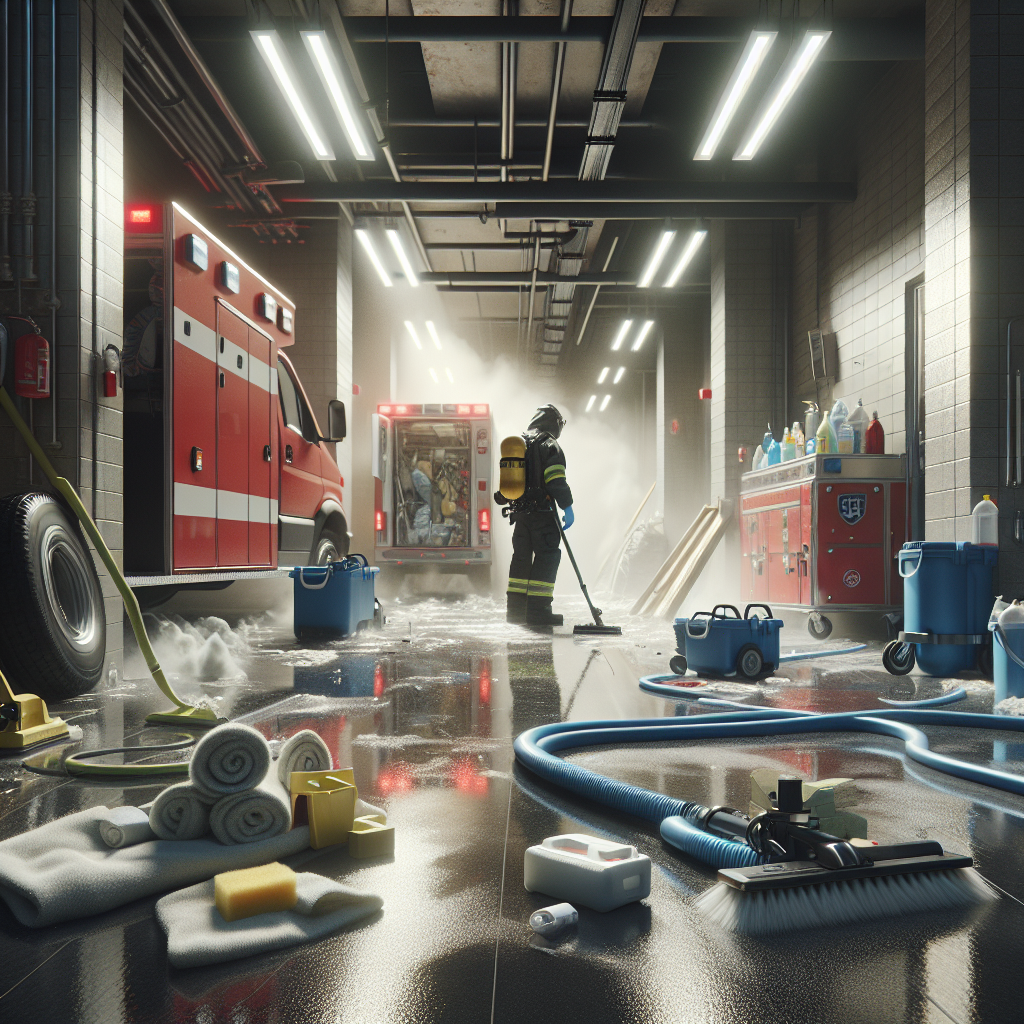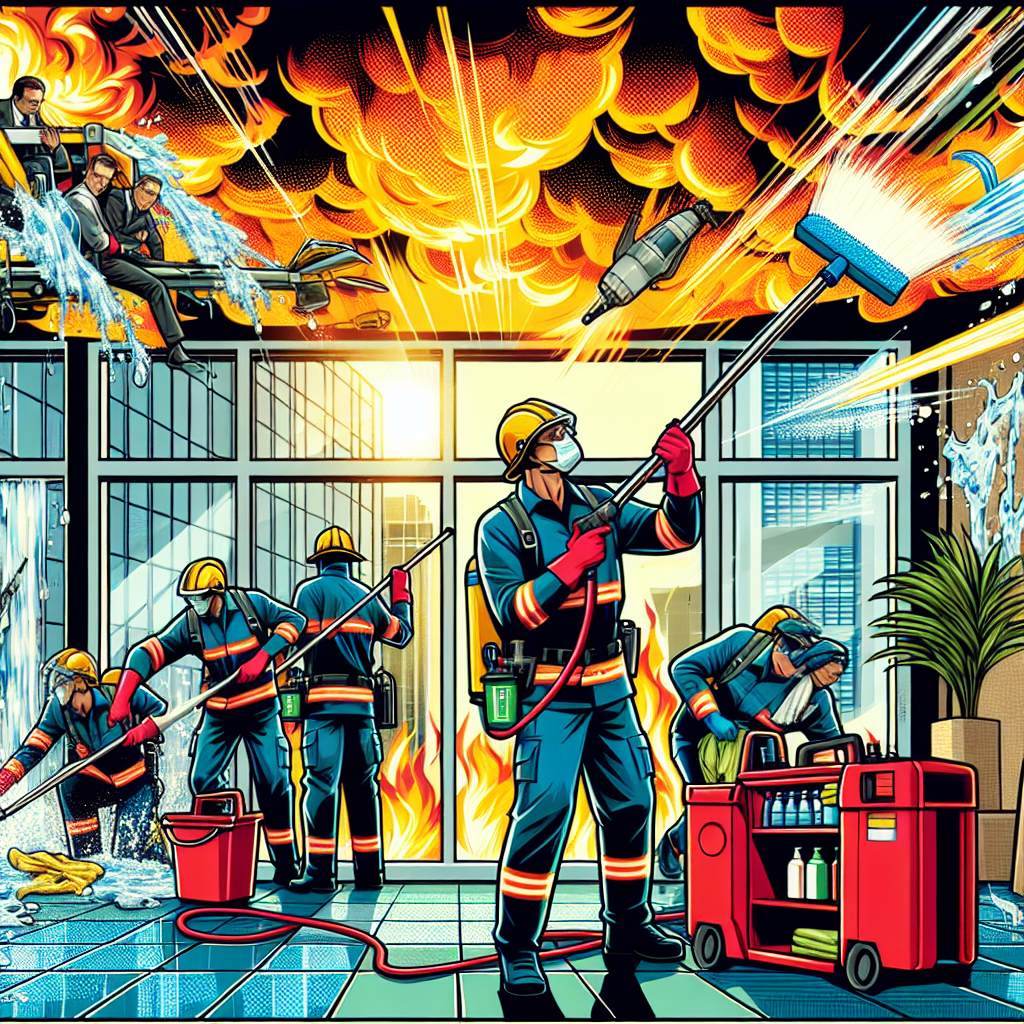Emergency cleaning is a critical aspect of maintaining a safe and hygienic environment in the hospitality industry. When unexpected disasters strike, such as spills, leaks, or accidents, immediate action is essential to prevent further damage and ensure the well-being of guests and staff.
Why Emergency Cleaning Cannot Wait
Immediate response is key to minimizing the impact of emergencies on your establishment. Delaying cleaning can lead to permanent stains, odors, and even health hazards.
- Preventing the spread of contaminants and pathogens is crucial for maintaining a safe and healthy environment.
- Swift action can help preserve the reputation of your establishment and prevent negative reviews or complaints.
- Emergency cleaning demonstrates your commitment to customer satisfaction and shows that you prioritize cleanliness and hygiene.
Essential Steps for Effective Emergency Cleaning
Prepare a comprehensive emergency cleaning plan that outlines roles, responsibilities, and procedures to follow in different scenarios.
- Equip your staff with the necessary cleaning tools, supplies, and personal protective equipment to handle emergencies safely and effectively.
- Train your team on proper cleaning techniques, including the use of disinfectants and sanitizers to eliminate germs and bacteria.
- Establish communication protocols to ensure seamless coordination during emergency cleaning situations.
Act swiftly to contain spills, leaks, or other emergencies to prevent them from spreading and causing further damage.
The Benefits of Professional Emergency Cleaning Services
Engaging professional cleaning services for emergencies offers several advantages that can help your establishment recover quickly and maintain operational efficiency.
- Expertise: Professional cleaners have the knowledge and experience to handle various types of emergencies effectively.
- Efficiency: Professional cleaners use advanced equipment and techniques to clean quickly and thoroughly.
- Compliance: Professional cleaning services adhere to industry standards and regulations to ensure proper sanitation and hygiene.
Maintaining a Safe and Clean Environment
Regular inspections and preventive maintenance can help identify potential hazards and risks before they escalate into emergencies.
- Implementing proper waste management practices can reduce the likelihood of spills and contamination in your establishment.
- Training your staff on emergency response procedures and protocols can ensure a prompt and effective cleaning response when needed.
In conclusion, prioritizing emergency cleaning in the hospitality industry is essential for safeguarding the health and well-being of guests and staff, preserving the reputation of your establishment, and ensuring operational continuity in the face of unexpected disasters.



